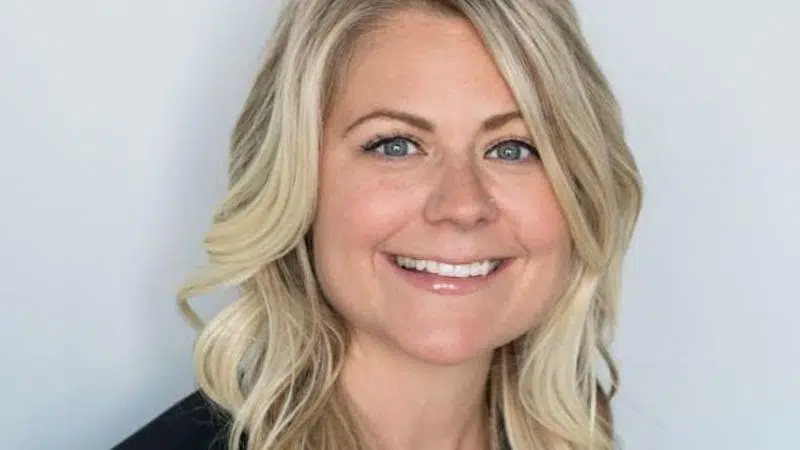
How to Create a Crisis Budget
In this column, I often write about the importance of having a household budget in place to track your spending and expenses, optimize your income and save for retirement. However, what would happen to that budget if a sudden financial crisis were to hit? Loss of income, the death of a spouse and business failure are all common causes of a financial crisis for families, and unfortunately, the COVID-19 pandemic is triggering these scenarios for many across Saskatchewan and Canada.
What is a crisis budget?
A crisis budget is different from a typical household budget because it identifies and prioritizes expenses and financial obligations that are essential. When a major event happens in your life that negatively affects your finances, you need to make important spending adjustments to successfully stay afloat until things return to normal for you.
Before we get started, if do not already have an everyday household budget, you can still develop and implement a crisis budget. This budget worksheet on our BDO Debt Solutions website is a good place to start.


